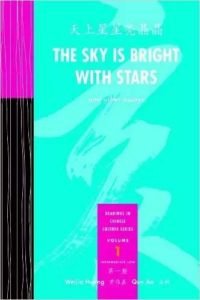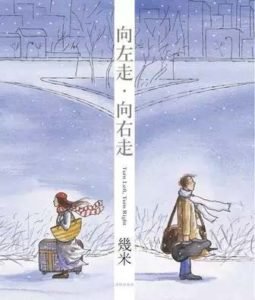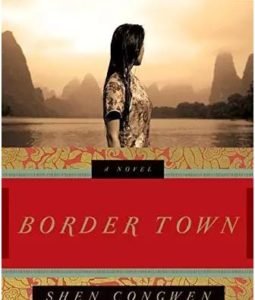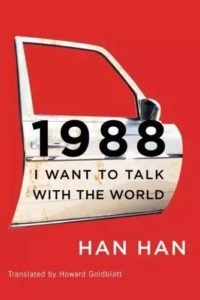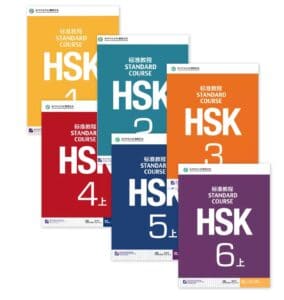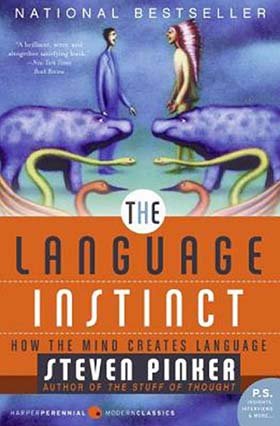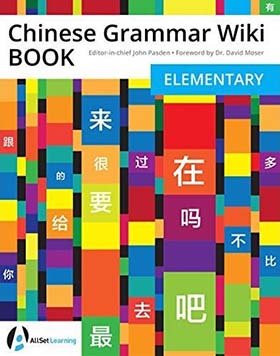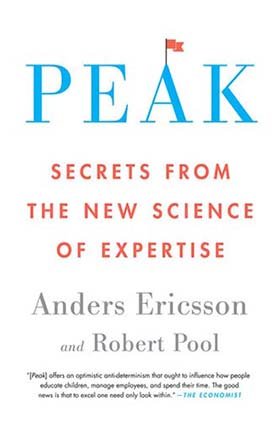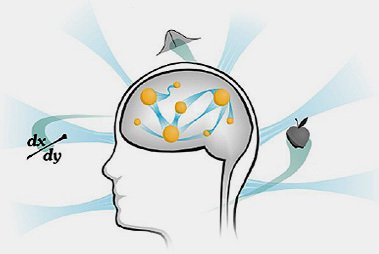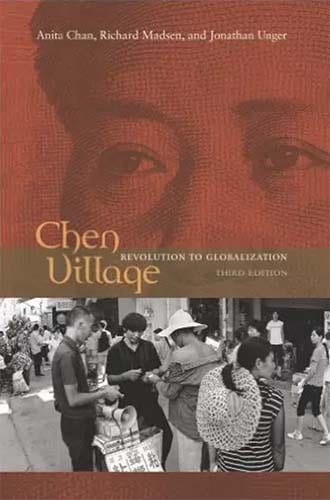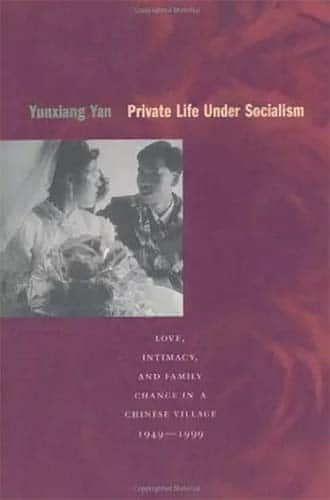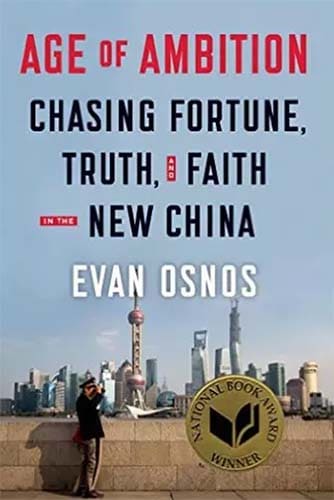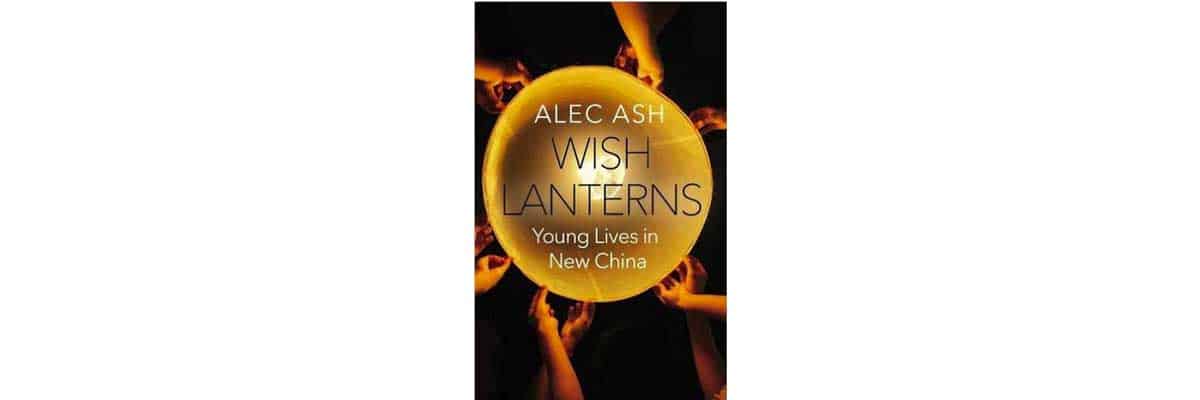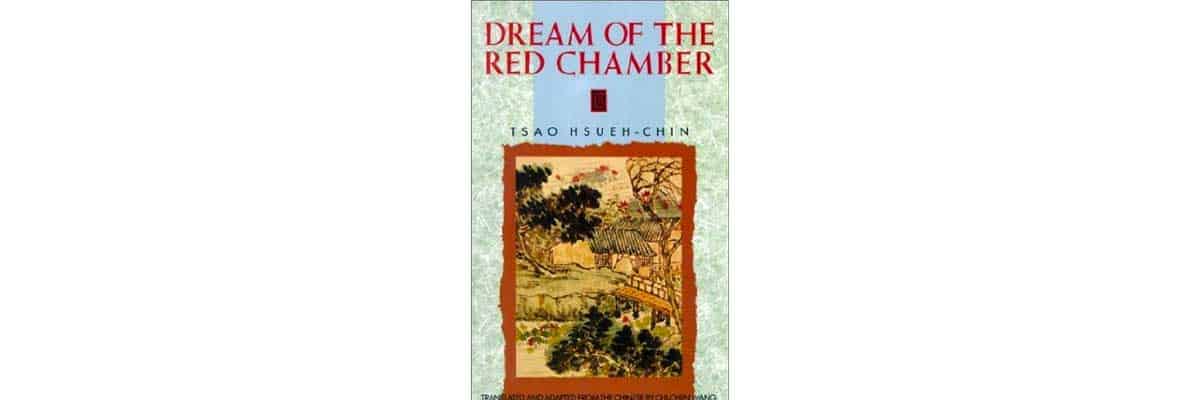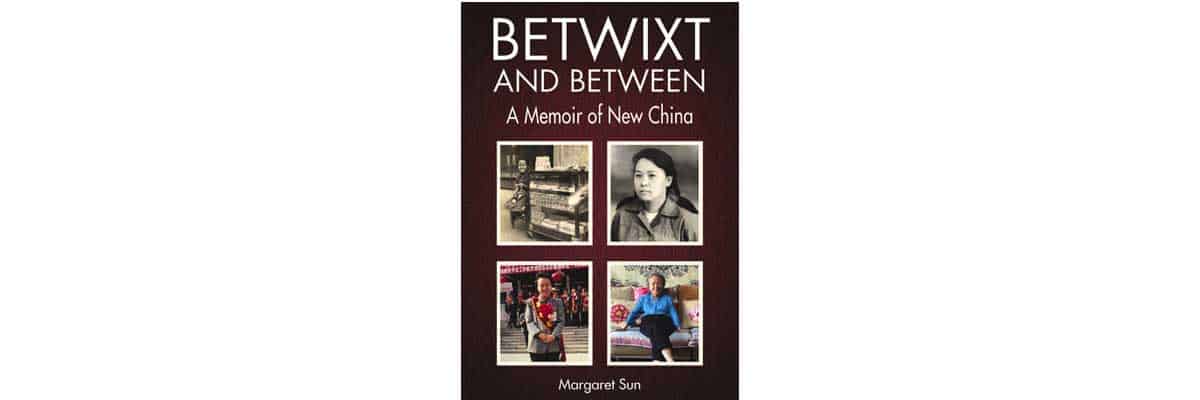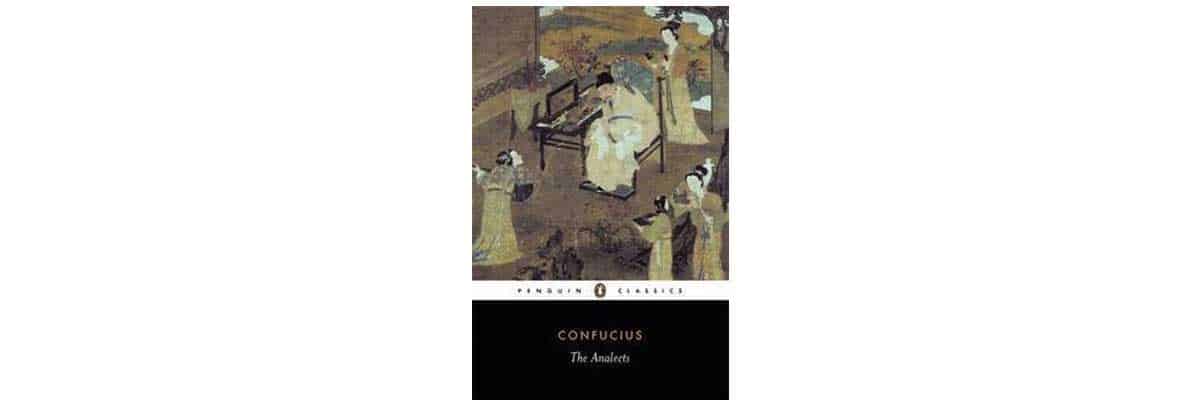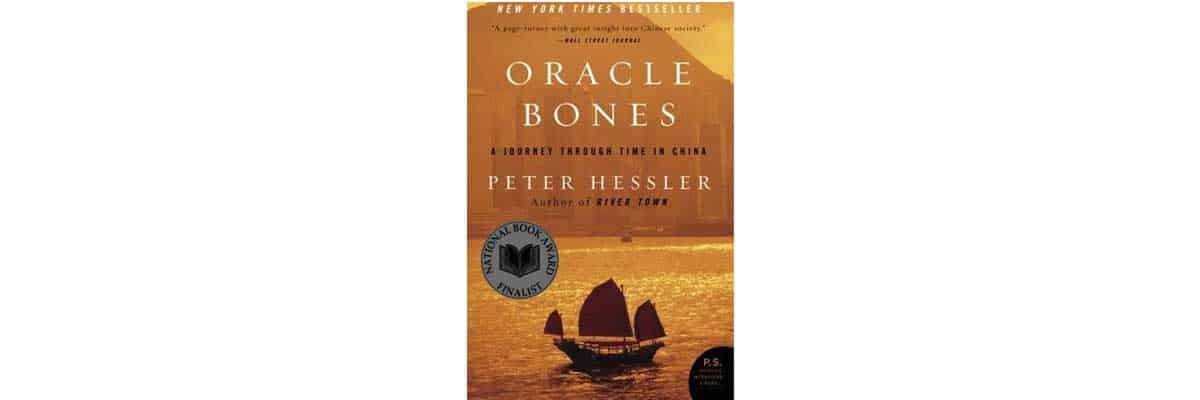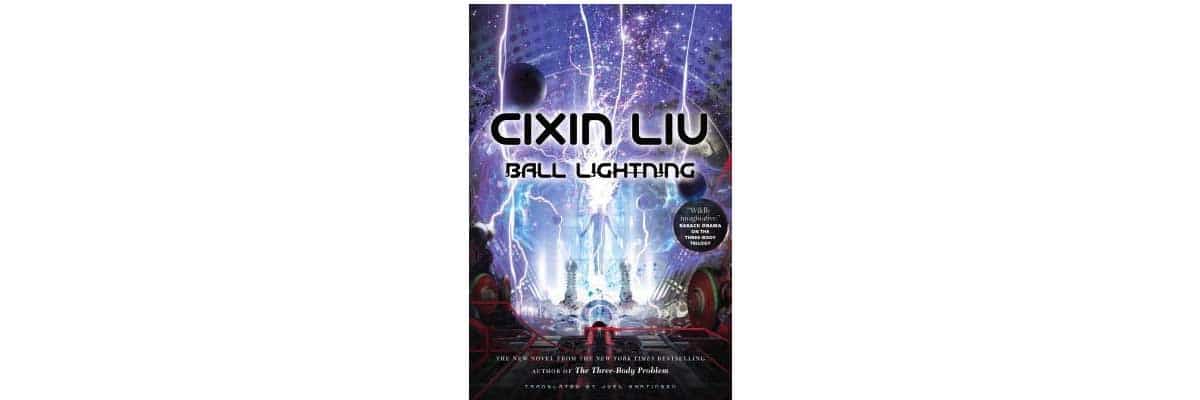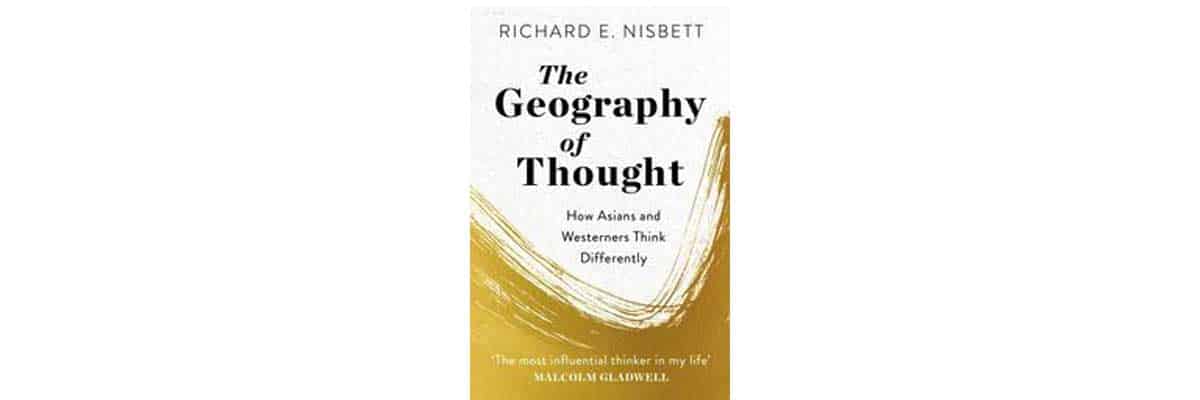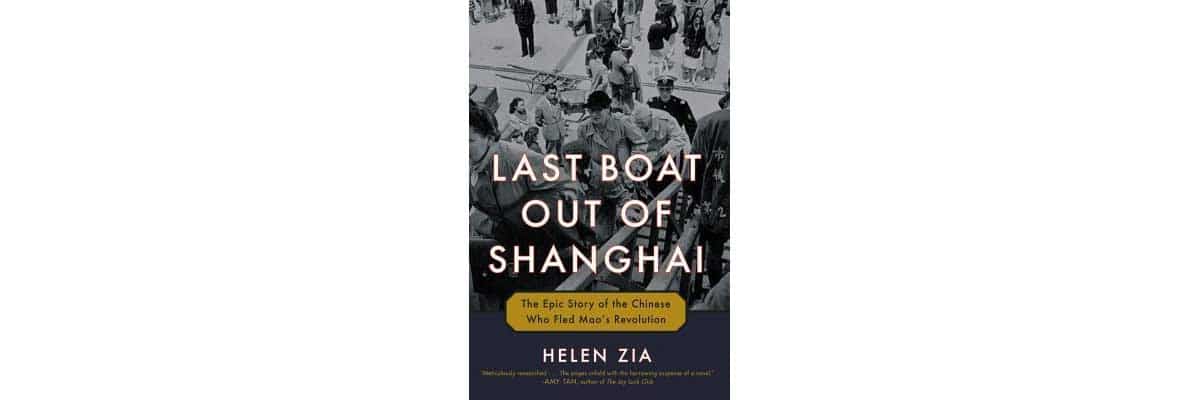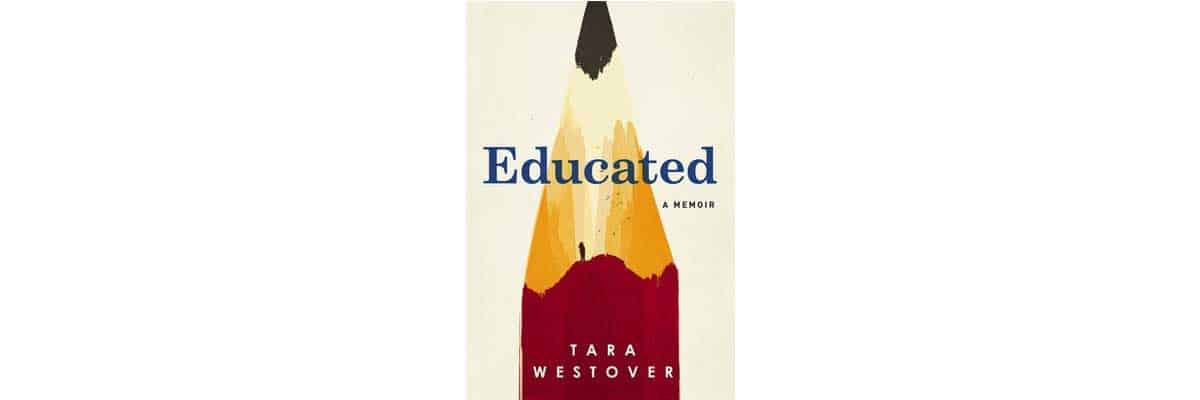Beste boeken om Chinees te leren
This article is about the best books for learning the Chinese language. Because no matter how fancy apps or YouTube channels are, books are amazing learning materials.
Click here if you want to find more about:
- Specialized Graded Readers for Chinese language learning
- Books about Chinese culture
- Mandarin Chinese children’s books
Beste boeken om Chinees te leren
These books are entirely written in Chinese Hanzi characters, and great reading practice material for Mandarin learners. Are you looking for textbooks? Scroll down a bit further.
These books offer real fulfillment from reading just like a native Chinese person. There will be a time when you might be able to appreciate books written in Chinese for Chinese people. When that day comes choose literature that is written in simple, standard, and beautiful modern Chinese.
Readings in Chinese Culture Series by Huang Weijia & Aoqun
This series is composed of short essays written by a Chinese couple who are both Chinese professors in the US. The narratives are usually light-hearted and playful. They contain good articles to read to better understand China, its history, heritage, and culture in the ’60s. For the first book, each article is around 500 words, the perfect length for a bed reading.
Comic Books by 幾米 (Jī Mǐ)
These are excellent comic books for adults. His books are full of beautiful paintings, and elegant text, with well-designed plots, and special perspectives. It will not take you too long to finish one, and each book is worthy of multiple reads.
There are multilingual translated versions for several of his books, too.
Border Town
The Chinese name of this book is ‘边城 (Biān Chéng: Border Town)’, and it’s written by 沈从文 (Shén Cóngwén). If you want to read about a poetic China and Chinese romance, this will be the perfect novel.
Shen Congwen writes using sensitive, fluid, and very accessible Chinese language. Some people like to compare him to the American literary legend, William Faulkner. The English translation by Jeffery Kinkley is also beautiful. You can easily find bilingual versions of this book.
1988: I Want to Talk with the World
The Chinese title of this book is ‘1988: 我想和这个世界谈谈 (1988: Wǒ xiǎng hé zhège Shìjiè Tǎntan, 1988: I Want to Talk with the World), and it’s written by the famous Chinese author 韩寒 (Hán Hán).
This is a good novel to get a glimpse into the thoughts on love, death, and loss in the 80’s. Han Han has a reputation of writing in an ironic, humorous, and profound way. There are always a few lines in each chapter that will make you laugh. He is a productive writer as well. If you like the style, you can wander through all of his collections.
Three reading strategies for reading Chinese books
We will admit, it’s hard to read in a foreign language. Frustration can easily come up. Here are a few tips to avoid frustration
Ambiguity and Tolerance
Sometimes you won’t understand everything in a book. If you can understand 30% on the first try, give yourself a round of applause. Congratulations! Use the context, and tolerate new words. Avoid looking up every new word you come across unless it really matters (most of the time it doesn’t). Keep your flow going. Do not interrupt it.
Understand the Story and Background First
Sometimes it isn’t just about the language, but the context. Try to read some background about the book in the language you are most comfortable with. Take advantage of movies based on the novels. Once you are familiar with the context of the story, reading will be much easier.
Focus on the First Sentences
Authors are usually most proud of their beginnings, where they can show their inspirations. Therefore, spend the most time and energy on those first lines, and you will be able to improve your writing skills as well improving your reading!
Best Chinese textbooks
At GoEast Mandarin we love the HSK curriculum for teaching Chinese and use the HSK books from Beijing Language and Culture University Press.
Read more here why we love HSK for learning Chinese.
Best books for learning a language in general
People are always looking for a new way to memorize Chinese vocabulary, understand grammar, to learn a language, like Chinese. Everyone has their own experience and methods and sharing how you learn can help others. Personally, I enjoy learning from books. I hope this shortlist of books about how we learn will benefit not only your Mandarin studies, but everything.
1. The Language Instinct
You won’t find a better book to describe what language is and how we learn it than The Language Instinct. Steven Pinker, a Professor at Harvard, approaches the topic with simplicity in an engaging way.
2. Chinese Grammar Wiki
Chinese Grammar Wiki is written by John Pasden so it provides a very practical perspective for fellow foreigners. The book is available in paperback or online: https://resources.allsetlearning.com/chinese/grammar/Main_Page
Disclaimer: Grammar books are more like a dictionary, to reference grammar rules and examples. Please don’t try to learn a language by reading about grammar, that’s for linguists, not for use in the real world. The best use of grammar books is to look something up if you’re confused.
3. Peak: Secrets from the New Science of Expertise
Everyone knows we need to practice in order to learn. The question is HOW? Peak shows us an answer that we can trust. Using plenty of evidence from the authors’ research, they tell us that we need special practice to improve a skill. I’ve read this book several times and apply it to teaching Chinese.
4. Learn More, Study Less
Peak shares the principle but Learn More, Study Less tells us the specific techniques. Actually, you could find hundreds of books to tell you how to study. I choose this book because it’s simple and short. If you want to learn more about how to learn, here’s an online course provided by University of California San Diego: https://www.coursera.org/learn/learning-how-to-learn
5. How People Learn: Brain, Mind, Experience and School: Expanded Edition
This book is an academic report discussing the problems in American schools. I shared this book because people working in a language or Chinese school will encounter the same problems. This book also gives us solutions to these problems. It’s a long read but worthwhile.
Books for learning Chinese culture
Books, like students, are our friends. And just like good friends, we prefer good books.
Yet sometimes it’s hard to find good books about China: some foreigners have thoroughly misunderstood the country, for whatever reason (commonly because they don’t speak the language). And there are many Chinese books, but only a tiny-tiny portion has been translated into English.
Here we listed ten that give an honest look into Chinese culture, Shanghai history, and also did we add a book that helps for learning in general.
They’re in our to-be-extended bookshelf in our French Concession school — which is close to the real Shanghai Library but not exactly inside the Shanghai Library. (We also have plenty of books in Yangpu).
So drop by for Chinese class and pick up a book to read at home, or put a book for others to read. You’re also welcome to recommend books to us!
Available books on Chinese culture
China has a rich history that spans several millennia as a continuous civilization. For many, however, the most interesting part has always been the last seven decades. Society was swept from one end to the other, experimented on, if you will, and later unshackled to start what we now know as history’s greatest economic boom. Quite a ride.
There are countless books on China’s modern history.
Chen Village by Anita Chan, Richard Madsen, and Jonathan Unger
In Chen Village we follow the changes in one village somewhere in Southern China, close to Hong Kong.
The book has three versions. The first version was based on interviews with villagers who had fled to Hong Kong in the 1960s and 1970s. For the second version its three authors, two sociologists and one sinologist, visited the village between 1987 and 1990. For the latest version they went back again in 2006 and 2007.
The end result is a well-written story (despite being written by academics) of how the 20th century’s many upheavals influenced the lives of every Chinese person. The villagers of Chen village suffered through the Great Leap Forward and the Cultural Revolution, and ended up as wealthy landowners who turned their fields into factories.
Private Life Under Socialism by Yunxiang Yan
Similar to Chen Village, Private Life under Socialism follows the fate of one single village somewhere in China. But the books are different enough to read both. For one thing, its author Yan Yunxiang is Chinese.
He describes the village he grew up in in the 1970s and returned to as an anthropologist in 1989. He went on to live and do field work there for no less than eleven years.
Where Chen Village is more a history, Private Life under Socialism carefully describes the influences of first communism and later money on people’s personal lives. Central is his analysis of the Chinese family, and how China’s new riches mean young couples no longer have to listen to their parents all the time.
Age of Ambition by Evan Osnos
From 2005 until 2013, Evan Osnos was China correspondent for the New Yorker. Plenty of time to get to know China as it is today, the good and the bad.
In Age of Ambition Osnos describes the country with wit and intelligence, and the book has rightly been praised by everyone who read it.
If you want to understand modern China, there is perhaps no better book to read than The Age of Ambition.
Wish Lanterns by Alec Ash
Foreigners writing a book about their foreign friends: a recipe hard to botch but more difficult to master. In essence, this book isn’t different than Road of Eternal Happiness or Young China, but is one of the best of such book. It’s difficult not to be moved by the coming of age of Fred, Dahai, Xiaoxiao, Snail, Lucifer and Mia — six Chinese individuals born in the late 80s — as they face the challenges of young and having to alternate between dreams and pragmatism.
Dream of the Red Chamber by Cao Xueqin, translated by Chi-chen Wang
This is one of four of China’s great classical novels, also named The Story of the Stone. Written in the 18th century and is partly autobiographical, as it reflects the life of author Cao Xueqin itself — about his tribulations of his own family and, by extension, of the Qing dynasty.
Betwixt and Between by Margaret Sun
A memoir by Margaret Sun, born in Shanghai in 1935. Sun writes about her life that has taken her through several corners of China as well as the hope and despair history brought to her. For this it’s a great account of how China’s extraordinary history was experienced by ordinary citizens.
The Analects by Confucius (translated by D.C. Lau)
These 249 pages are a collection of Confucius’ sayings, compiled by his students shortly before his death in the year 497. Read it not only for personal wisdom, but also to understand Chinese tradition and philosophy better, which is in large part based on Confucianism. And as a language school, we and many of our students also fully agree with Confucius’ quote: “Is it not indeed a pleasure to acquire knowledge and constantly to exercise oneself therein?”
Factory Girls by Leslie T. Chang
More than a hundred million Chinese citizens work in factories in lives which the rest of the world is totally unaware off. Yet they’re the driving force behind China’s thriving economy. In this book, Leslie T. Chang tells their story, from day-to-day life details to how they view the world.
Oracle Bones by Peter Hessler
One of the most famous books about modern China: A humbling portrait of a changing country and some of its sons and daughters. This book is hard to place because it wraps up individual stories as well as a bigger picture of economic gains and disruptions and profits brought by that.
Ball Lightning by Liu Cixin (translated by Joel Martinsen)
Ball Lightning is science fiction without the spaceships or time travel, but at a more abstract, even philosophical level. The character of the book are vastly different from each other, unconventional in their own ways. Chen, the narrator of the book, is obsessed and unravels ball lightning piece by piece, while he himself develops into another person too. As a book it’s very loosely connected to Liu Cixin’s famous trilogy: The Three-Body Problem.
Also available at GoEast in Chinese!
Geography of Thought by Richard Nisbett
This little gem will change the way you think about thinking and introduces you to the fact that people from different cultures may see a slightly different world than you do. Written in clear language, it compares the dominant thinking structures of Westerners (e.g. US & Europe) with that of East Asians (e.g. China & Japan). It goes back to Aristoteles and Confucius but also using ecology, economy, and culture to rationalize it, as well as experiments to prove it.
Last boat out of Shanghai by Helen Zia
Helen Zia writes weaves together individual stories from Shanghai in the mid 20th century, as Chinese families fled to all over the world. Despite the title, the stories are very much about many places in Shanghai you can still visit today. Recommended and praised by our cheerful student 邬乐!
Educated by Tara Westover
Another book recommended by our student 邬乐. This book has nothing to do with China, but it has everything to do with learning. Tara Westover does not hide the horrors of her childhood as the book touches on violence, religion, patriarchy, parenting, family, conspiracy theories, self-confidence, and so much more. Bust most of all it’s about education. Despite what this paragraph may suggest, the book is filled with poetic flowing sentences, filled with a positive and inspiring message.
Also available at GoEast in Chinese!

